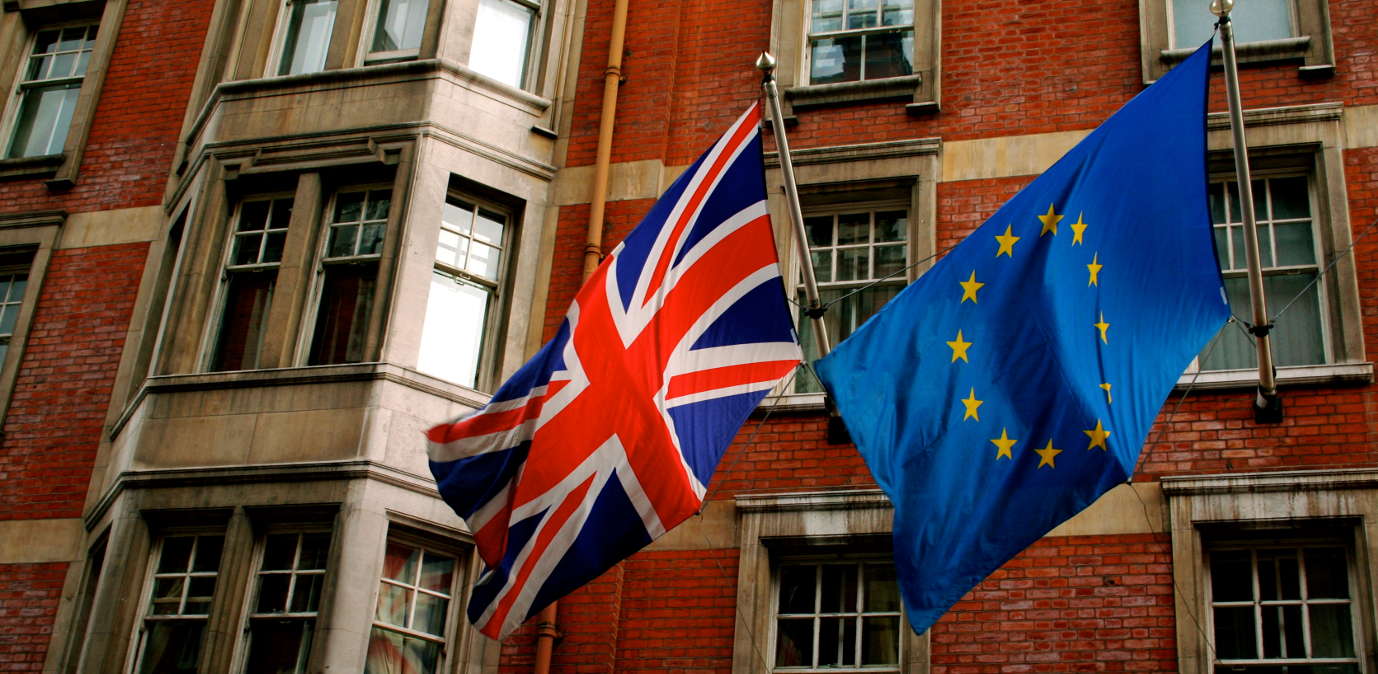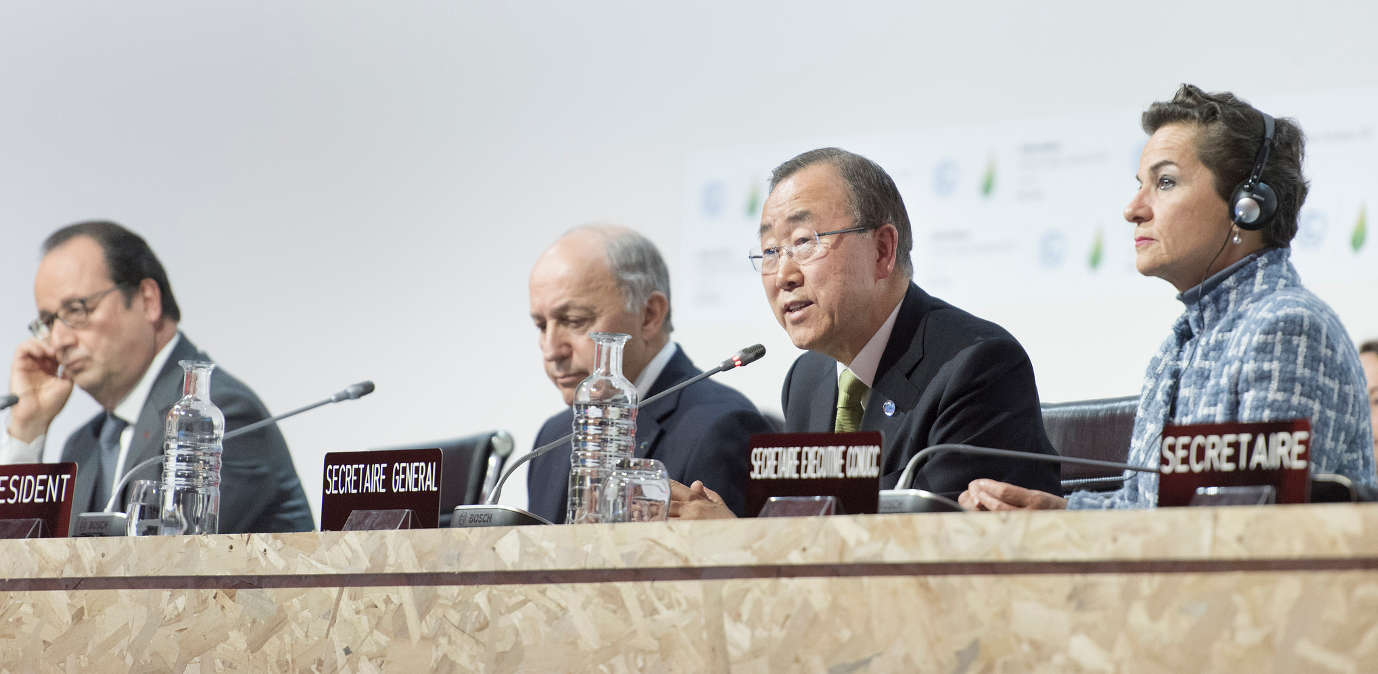In most parts of the world, the Millennial Generation has more personal and economic freedom than any which preceded it, but is also facing a squeeze on wealth and assets not experienced in the last 70 years. The UK Government’s Social Mobility and Child Poverty Commission considers that social mobility is in danger of going into reverse in some areas of the UK, and that inequality of assets between generations could worsen matters.
How can the financial services sector help reduce asset inequalities faced by Generation Rent?
Written by Inline Policy on 20 Apr 2016
Major banks on the move with Blockchain – huge development amid renewed economic flux
Written by Inline Policy on 13 Apr 2016
These are key months in the future of financial services, and for the power of traditional banks in the global economy. The recent Citigroup report spelled out in clear terms the potential of Blockchain technology, which underpins the digital currency Bitcoin, to revolutionise financial services way beyond payment and remittance services, into asset management and insurance. The report modelled projected surges in Blockchain use in retail banking services and automation of some routine financial advice, with a multi-trillion potential market in new peer-to-peer lending created by the app economy, while having the effect of losing 1.7m retail banking jobs in the EU and US. A recent McKinsey study showed that in Western Europe as much as 40% of new deposits could come via digital-only banking by the end of the decade, and 80% of people in developed Asian markets would be prepared to shift their accounts to banks offering digital only platforms.
Does the EU ETS need reviving, again?
Written by Inline Policy on 12 Apr 2016
Boom and Bust
The EU Emissions Trading System (EU ETS) has been up and down a rollercoaster over the last decade. Launched with considerable optimism in 2005 as one of the European Union’s prime policy instruments for tackling climate change by placing a price on greenhouse gas emissions, it has since gone through what can be most appropriately termed a “boom and bust” cycle.
At the end of Phase I in 2007, the price of an EUA effectively hit zero, as there was no provision to carry Phase I EUAs into the second phase.
Race to the tape in EU Referendum means investors need answers on implications now
Written by Inline Policy on 06 Apr 2016
Referendums are transformative events. Governments may come and go, but a decision to stay in or leave an economic union like the EU is an irrevocable judgement on the nation’s destiny – the most important decision in the lifetimes of voters in the UK. The implications will affect everything from the regulation of the air we breathe to the pensions we invest in. For the financial services sector, the general investment climate in the UK, as well as the contours of central bank policy on the equity banks must retain as capital buffers will be shaped by the outcome on June 23.
UK well placed to lead transformation in financial services through global leadership in Fintech
Written by Inline Policy on 29 Mar 2016
The world of financial services is changing fast. The implications of blockchain technology or decentralised ledgers may not yet be a hot kitchen table topic but has the potential to utterly change the worlds of banking, insurance, asset management, and access to finance. In short, it could transform the economy around us. Though the US remains the largest base for investment in FinTech companies developing peer to peer finance and smart payment mechanisms with over $12bn investment in FinTech startups in 2015, more than doubling year on year growth, the UK is the fastest growing global market. With over £3.5bn annual investment in the sector in the UK, it is Europe’s FinTech leader over competition from Paris and Frankfurt.
16 for ’16: climate and energy issues to track this year
Written by Inline Policy on 07 Jan 2016
2015 was a significant year for climate and energy policy and markets: from the momentous Paris agreement to Obama’s continuing push on the Clean Power Plan; from the new British Government’s fresh (and controversial) energy approach to, at last, some stability for the EU Emissions Trading System (ETS), which may have real implications for the longer-term.
Regulatory Sandbox – a new form of policymaking
Written by Inline Policy on 07 Dec 2015
The ways and means in which regulation is developed and implemented in the internet age have changed. Regulation across the globe can only follow the rapid expansion of new innovation and business models in, for example, online short-term rentals or car-sharing platforms. There is a continuing trend towards companies developing an idea and going to the market with it fast, with the result that regulation is so far behind it must adapt to the new business environment.
Regulation and policy take centre stage at TCT 3D printing show
Written by Inline Policy on 02 Nov 2015
According to recent research by management consultancy A.T. Kearney, the global market for 3D printing is set to grow from $4.5 billion today to $17.2 billion by 2020. With this rapid growth will come added scrutiny from policy makers and regulators. To support its long term growth, and for the industry to fulfil its remarkable potential, a supportive regulatory and policy framework will be critical. To help build this framework, and to put in place policies that will stimulate industry growth and accelerate the uptake of 3D printing technology across the economy, it will be imperative for industry associations to play their part and to engage with key policy makers and regulators.
Market makers – Grub Club and the growth of meal-sharing
Written by Inline Policy on 28 Oct 2015
Like many growing sectors in the sharing and on-demand economy, meal-sharing platforms are changing how individuals interact and consume. Innovative businesses are providing alternative catering services, often with a community or social focus, that disrupt the traditional choice between restaurants, takeaways and home-cooking.
The Road to Paris
Written by Inline Policy on 22 Oct 2015
Politicians have shown they are serious - to achieve a positive outcome, the negotiators need to do the same.
For those not acquainted with the international negotiations on climate change - perhaps even more so for those who have that first-hand experience - they are at best an irritant, at worst a pointless relevance. Since the UNFCCC[1] process began in the early 1990s after the international community agreed that “dangerous” climate change should be addressed, negotiators have gathered year after year in different parts of the world to discuss how the international community can take action to mitigate the climate problem and how the most seriously affected regions (usually in poorer countries) can adapt to the changes brought about by the steady increase in atmospheric and sea temperatures.
Capital Markets Union – What Does It Mean For The Fintech Industry?
Written by Inline Policy on 01 Oct 2015
On a day when the entire financial services industry in the UK and in Continental Europe dissected the long-awaited – albeit leaked – European Commission Action Plan on Capital Markets Union, a few eyebrows were raised about some potential implications for the fintech community. Regulators at national and supranational level are still pondering over an optimal regulatory framework to promote the fintech industry whilst at the same time ensuring adequate consumer protection; but not necessarily on a like-for-like basis with the established providers, who are already beginning to use the ‘level playing field’ argument to challenge the disruptors.
Online dating vs. Mobile dating – New opportunities and challenges
Written by Inline Policy on 18 Sep 2015
In our previous analysis piece on the topic of online dating we explored the importance of industry regulation, as market actors continue to innovate and find new ways of marketing and delivering their services to users. New technology, in the form of smartphones, tablets, or wearable tech devices, has provided online dating companies with new tools to deliver their services and reach out to new customers.
Is the EU ETS back on its feet?
Written by Inline Policy on 07 Aug 2015
The EU Emissions Trading Scheme (ETS), the EU’s flagship climate policy instrument aimed at reducing greenhouse gas emissions at least economic cost and incentivising investment in the low-carbon economy, has been back in the news - for once in a positive sense.
Paving the way for a 'circular economy' in Europe
Written by Inline Policy on 10 Jul 2015
In a speech at the European Parliament plenary debate on Monday 6th July, First Vice-President of the European Commission, Frans Timmermans, said that the Commission “remains strongly committed” to present a circular economy package towards the end of this year. The reasons are quite simple: Vice-President Katainen, Commissioner Vella, Commissioner Bienkowska, and others, essentially believe that the new circular economy package can bring:
Capital Markets Union – a new framework for diversification
Written by Inline Policy on 26 Jun 2015
In February of this year, the European Commission unveiled its Green Paper for ‘Building a Capital Markets Union’. Over the coming five years it will be the flagship project for the Directorate General responsible for Financial Stability, Financial Services and Capital Markets Union (DG FISMA). The Green Paper clearly states that the European Commission’s objective is to stimulate economic growth, largely through simpler access to capital markets, which will diversify the sources of SME financing and in turn support their growth. So what does the Capital Markets Union (CMU) mean for new innovative and a high growth companies? How does the CMU plan address their many concerns whilst also building on their many achievements?
 Insights from Inline Policy listing page
Insights from Inline Policy listing page













